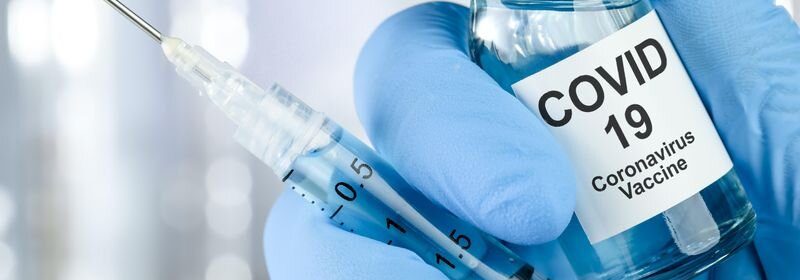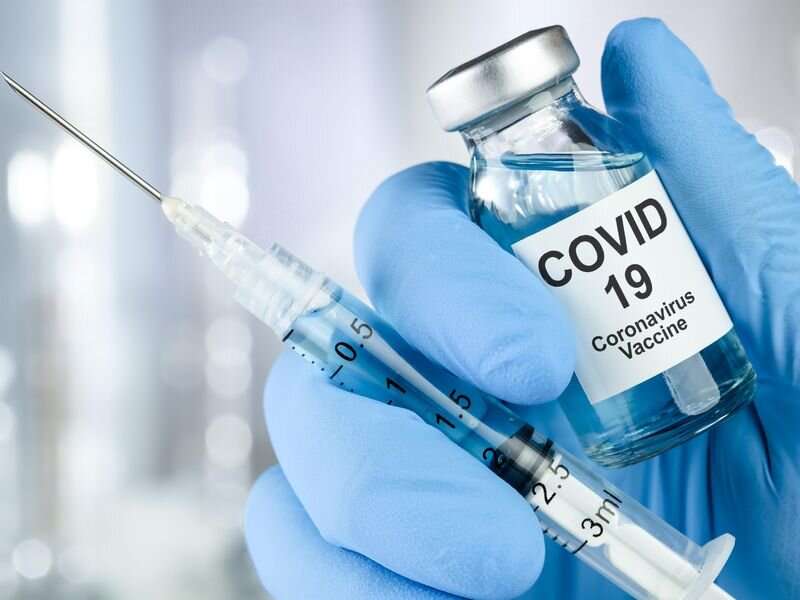Third, fourth COVID-19 vaccine doses boost humoral response in seniors

Third and fourth BNT162b2 vaccine doses in adults aged 60 years or older are associated with a significant increase in antispike (anti-S) immunoglobulin G (IgG) antibody titers, according to a research letter published online July 21 in JAMA Network Open.
Noa Eliakim-Raz, M.D., from the Rabin Medical Center in Petah Tikva, Israel, and colleagues compared the response to the third and fourth BNT162b2 vaccine doses among individuals aged 60 years and older by evaluating anti-S IgG antibody titers before and after each dose. The analysis included 48 participants.
The researchers found that the median IgG titers increased significantly after the third dose (a median of 14 days after the dose) and after the fourth dose (a median of 11 days after the dose). There were no significant associations observed between age and IgG titer after the fourth dose, and no major adverse events were reported. Optimal timing of additional doses was not fully understood, with four of the participants having severe acute respiratory syndrome coronavirus 2 infection a median of six days after the fourth vaccine and nine having the infection a median of 162 days after the third vaccine. All participants had asymptomatic-to-mild infection.
“Although we lack a full understanding of immune correlates of COVID-19 protection, the rapid decrease in IgG levels observed within five months of receiving a third dose would likely indicate that maximally protecting against even the mildest infections may require more frequent repeated booster vaccinations,” write the authors of an accompanying editorial.
Source: Read Full Article
